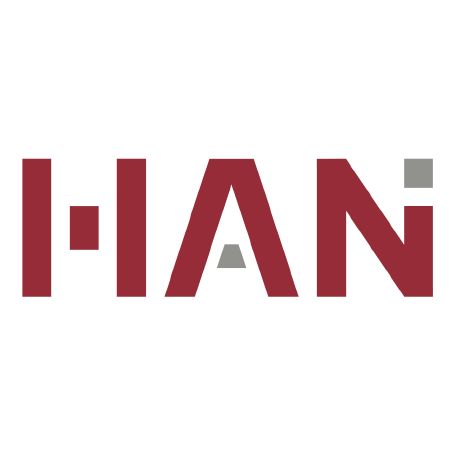Discover and explore top open-source AI tools and projects—updated daily.
H2O by  FMInference
FMInference
KV cache eviction research paper for efficient LLM inference
Top 61.9% on SourcePulse
H2O (Heavy-Hitter Oracle) addresses the significant memory overhead of KV caches in Large Language Models (LLMs) during generative inference, particularly for long-content applications. Targeting researchers and engineers working with LLMs, it offers a novel KV cache eviction policy that drastically reduces memory footprint and improves inference throughput.
How It Works
H2O leverages the observation that a small subset of tokens, termed "Heavy Hitters" (H2), disproportionately contribute to attention scores. These H2 tokens are identified through their frequent co-occurrence in text. The H2O eviction policy dynamically maintains a balance between recent and H2 tokens, formulated as a dynamic submodular optimization problem with theoretical guarantees. This approach aims to retain crucial contextual information while discarding less impactful tokens, thereby reducing memory usage without significant performance degradation.
Quick Start & Requirements
- Install: Code provided for integration with FlexGen (
h2o_flexgen) and Hugging Face (h2o_hf). Specific installation commands are not detailed in the README. - Prerequisites: Requires Python, and likely dependencies associated with FlexGen and Hugging Face Transformers. GPU acceleration is implied for LLM inference.
- Resources: No specific setup time or resource footprint is mentioned.
- Links: NeurIPS'23 Paper
Highlighted Details
- Improves throughput by up to 29x over DeepSpeed Zero-Inference and Hugging Face Accelerate on OPT-6.7B and OPT-30B.
- Reduces latency by up to 1.9x for the same batch size.
- Validated on OPT, LLaMA, and GPT-NeoX models.
- Provides both simulation (masking attention matrix) and real KV dropping implementations.
Maintenance & Community
- Developed by Zhenyu Zhang, Ying Sheng, Tianyi Zhou, et al.
- Associated with the NeurIPS'23 paper. No specific community channels or roadmap are linked in the README.
Licensing & Compatibility
- The README does not explicitly state a license.
Limitations & Caveats
The README does not detail specific limitations, unsupported platforms, or known bugs. The implementation is presented as code for a research paper, and its production-readiness or long-term maintenance status is not specified.
1 year ago
Inactive

 TreeAI-Lab
TreeAI-Lab changjonathanc
changjonathanc FasterDecoding
FasterDecoding modelscope
modelscope bytedance
bytedance mit-han-lab
mit-han-lab ModelEngine-Group
ModelEngine-Group raymin0223
raymin0223 RightNow-AI
RightNow-AI hao-ai-lab
hao-ai-lab Zefan-Cai
Zefan-Cai